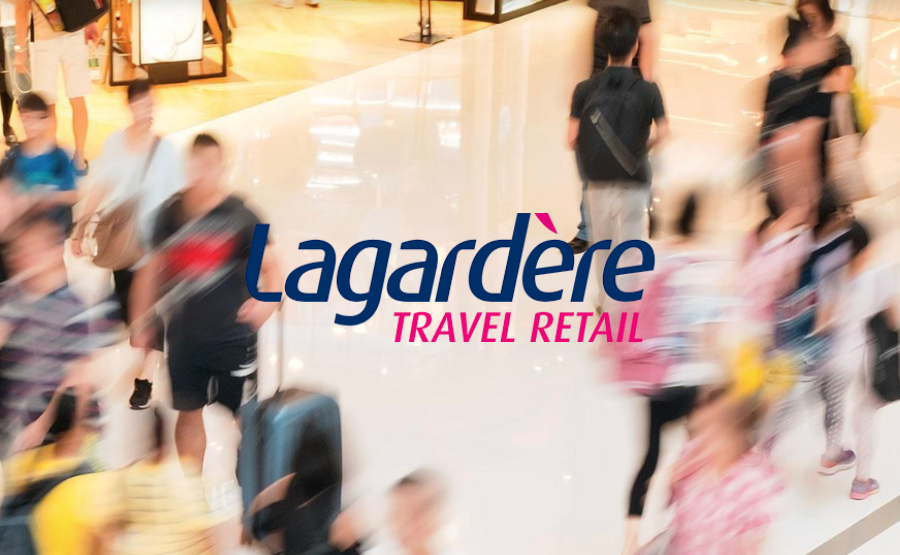“Over decades, we’ve built up a huge database. AI can help us prepare the best response to the hundreds of RFPs we receive each year by digging deeper into landlord requirements and extracting and synthesizing the most relevant data from our knowledge base.” – Dag Rasmussen, CEO of Lagardère Travel Retail
Lagardère Travel Retail, a global leading company with more than 170-years of history, has become a benchmark in the travel retail industry by supporting mobility in all forms. Its innovative approach combines three core business lines –Travel Essentials, Duty-Free & Fashion, and Dining – to deliver tailored solutions to deliver value for our partners and enhance passenger experiences.
Lagardère Travel Retail leverages its global expertise and local insights to meet the needs of landlords and travelers while driving industry leadership. In 2024, they operated over 5000 stores in airports, railway stations, and other concessions in more than 50 countries, generating €7.6bn in overall sales worldwide.
Within Lagardère Travel Retail, a growing consensus had emerged around the need to accelerate its ability to leverage data and AI, reflecting the company’s commitment to listening to its environment and anticipating future challenges. In 2024, AI acceleration was identified as a priority.
Following a strategic study on Lagardère Travel Retail’s AI Acceleration, conducted in partnership with Artefact and involving over 40 stakeholders across global and local teams, several high-value use cases were identified across business lines. One key recommendation was to establish a dedicated track for Generative AI use cases, aimed at exploring how GenAI could deliver tangible value across diverse domains within the organization.
Among these, GenAI-enabled knowledge management emerged as a top priority, receiving strong executive sponsorship. To maintain its competitive edge and deliver tailored, high-quality proposals to landlords and partners, Lagardère Travel Retail partnered with Artefact and Microsoft to design and deploy a generative AI-powered solution—Lumina—that enhances the company’s tender management process.
Challenge: Support Lagardère Travel Retail in developing a GenAI solution to accelerate landlord requests analysis, reduce tender book creation time, and enhance response quality.
The first step was to build a multidisciplinary team.
- Overseen by a five-member Steering Committee headed by CEO Dag Rasmussen, Lagardère Travel Retail assembled a team led by Qihua Wang, EVP Strategy & AI, with project leads, product owners, and tech experts.
- They were joined by the Artefact team, led by Elina Ashkinazi-Ildis, Partner, and five other advisors in tech, engineering, and data science.
- The third part of the team was an international group of fifteen “power users”, including business development experts in central and local teams Their job was to test the solution developed.
Next, the team completed a strategic study on “Lagardère Travel Retail’s AI Acceleration”. The study involved more than 40 corporate and country stakeholders from all business units to identify high-value use cases.
One of the recommendations of the study was to create a separate track of “Gen AI Use Cases” to test Gen AI’s capability to generate value across many Lagardère Travel Retail’s domains.
Solution: Lumina, a generative AI-powered tool, co-designed with Artefact and based on Lagardère Travel Retail’s Microsoft Azure architecture.
“Lumina is a generative AI-powered Knowledge Management tool. In the beginning, we started testing the solution with a limited group of power users and then we rolled it out to a few pilot countries. Since early 2025, we have rolled it out globally. How did we develop this project? We teamed up with Microsoft and Artefact and together with our internal teams from IT, Tech, and different business stakeholders, we co-designed and co-developed this project together.” – Qihua Wang, EVP Strategy & AI at Lagardère Travel Retail
Users can access and organize all their projects with ease, as well as manage embedded documents directly within the platform, ensuring seamless collaboration and control over tender response processes and document confidentiality. A conversational interface enables users to interact with multiple documents to explore details, enhance comprehension, and effortlessly uncover critical information. Lumina streamlines document analysis, reduces response time, and improves content quality by leveraging global knowledge while adapting the approach specific to each client’s needs.
It was developed in three phases: MVP delivery, industrialization and testing, followed by global rollout and adoption tracking
The evolution of Lumina from MVP to industrialized product:
Phase 1:
- Delivery of MVP (Minimum Viable Product).
- Confirmation of data usage.
- Confirmation of business case.
- Decision by SteerCo to further develop the product.
Phase 2:
- Delivery of the industrialized product.
- Testing and validation by power users (power users tested Lumina for three weeks then shared feedback.)
Phase 3:
- Global rollout.
- Training and tracking of adoption.
- Technical support and maintenance.
- Cost supervision.
“Lumina was built in Lagardère Travel Retail’s own Azure environment, so it’s extremely safe and secure as far as data security. All the user management was put in place. As we worked closely with Lagardère Travel Retail’s technical teams, they know the product, so they’ll be comfortable with its evolution. Maintenance is needed and we think Lumina will be the platform on which Lagardère Travel Retail will continue to build other generative AI use cases”, assures Elina Ashkinazi-Ildis, Partner at Artefact.
Results and next steps: Industrialization, a global rollout, and an ambitious AI roadmap.
Lumina is now fully deployed globally and in production. It is already supporting employees worldwide — from document management and intelligent knowledge base search to tailored content creation — simplifying workflows and delivering results. To maximize adoption and impact, the central AI team continues to gather feedback and provide ongoing training, ensuring Lumina evolves with users’ needs.
To further embed Lumina across the organization, five key initiatives are underway:
- Communication: Raise awareness of Lumina’s value and benefits.
- Training: Equip Lagardère Travel Retail teams with practical training tools and materials.
- Organizational change: Implement best practices to drive daily usage.
- Accountability: Establish clear dual ownership across technical and business teams.
- Enhancement: Continuously improve the solution with user-driven updates.
“Lumina helps us analyze and decode tenders, as well as to better understand and respond to landlord-specific requirements with tailored offerings,” states Justine Perrin, Business Development Manager at Lagardère Travel Retail. “It’s not just a tool, it’s a real game changer for how we serve our partners. It allows our teams to save time and to focus on what matters most: creating value, building relationships with our partners, and delivering innovative solutions.”
This initiative is part of Lagardère Travel Retail’s commitment to continuously enhancing the relevance of its proposals and better adapting to the evolving needs and expectations of airport landlords. By combining speed, accuracy, and deep insight, Lumina ensures that every response is not only more efficient but also more closely aligned with what airports are looking for. Lumina is secure, scalable, and positions Lagardère Travel Retail to expand its AI capabilities while driving innovation. But Lumina is only the first step in the company’s broader AI roadmap.
For CEO Dag Rasmussen, finding innovative new ways to use AI is essential: “I want to challenge our teams to improve and be the best in class in AI. I want it to be one of our hallmarks.”

 CLIENT CASES
CLIENT CASES